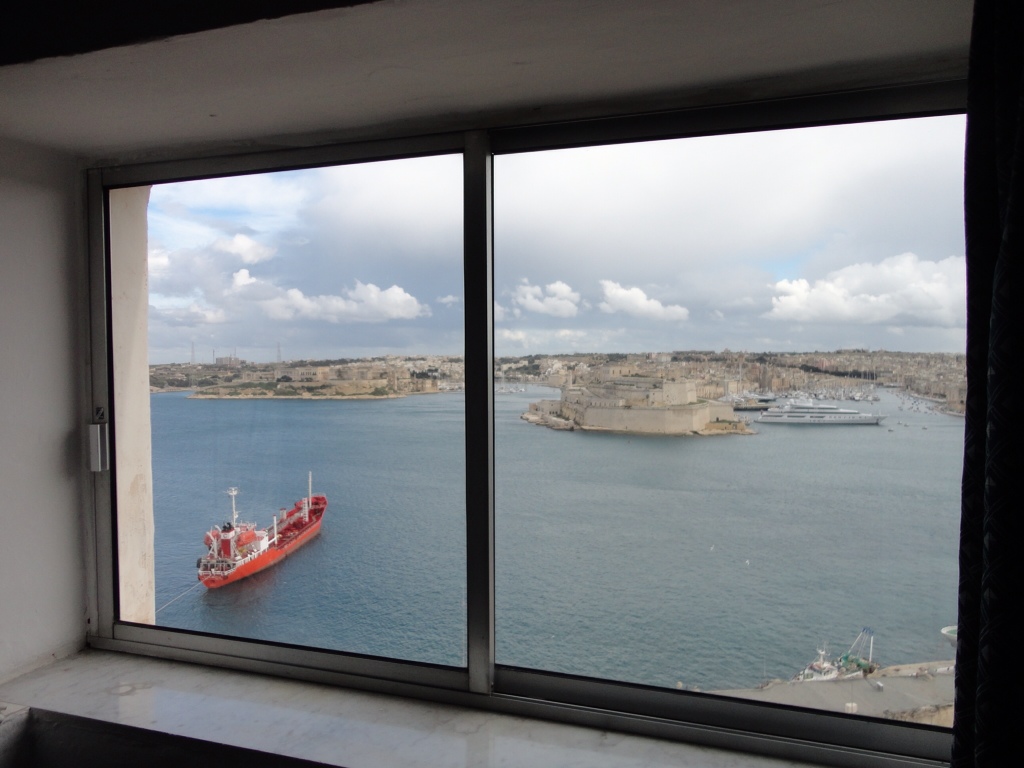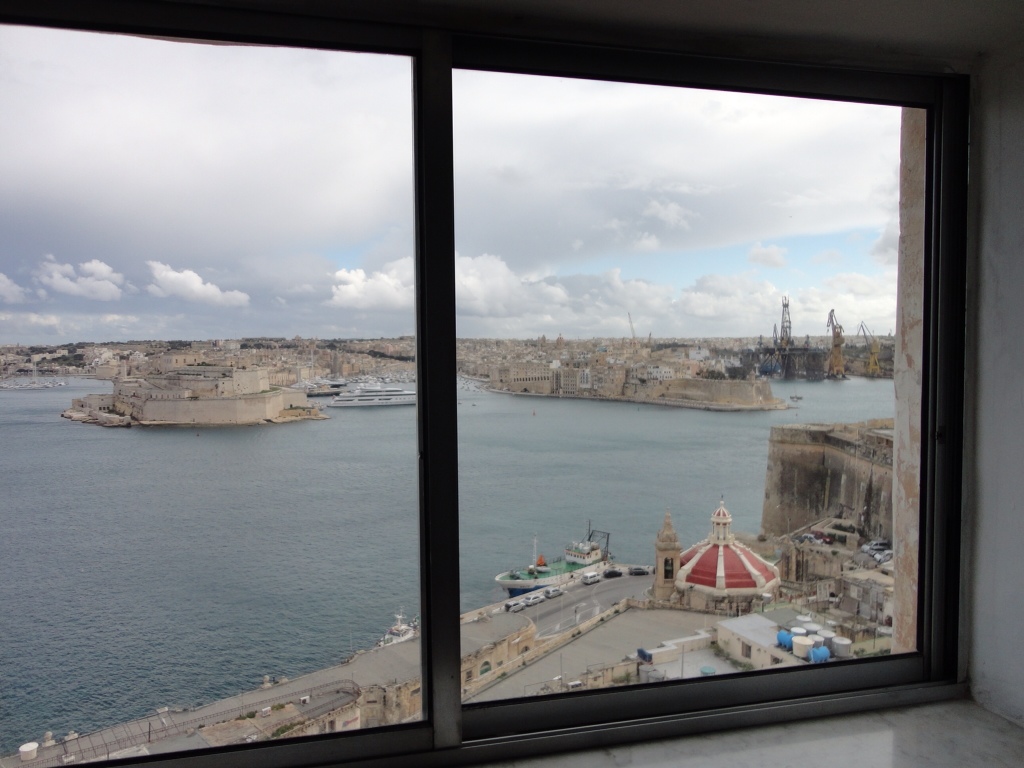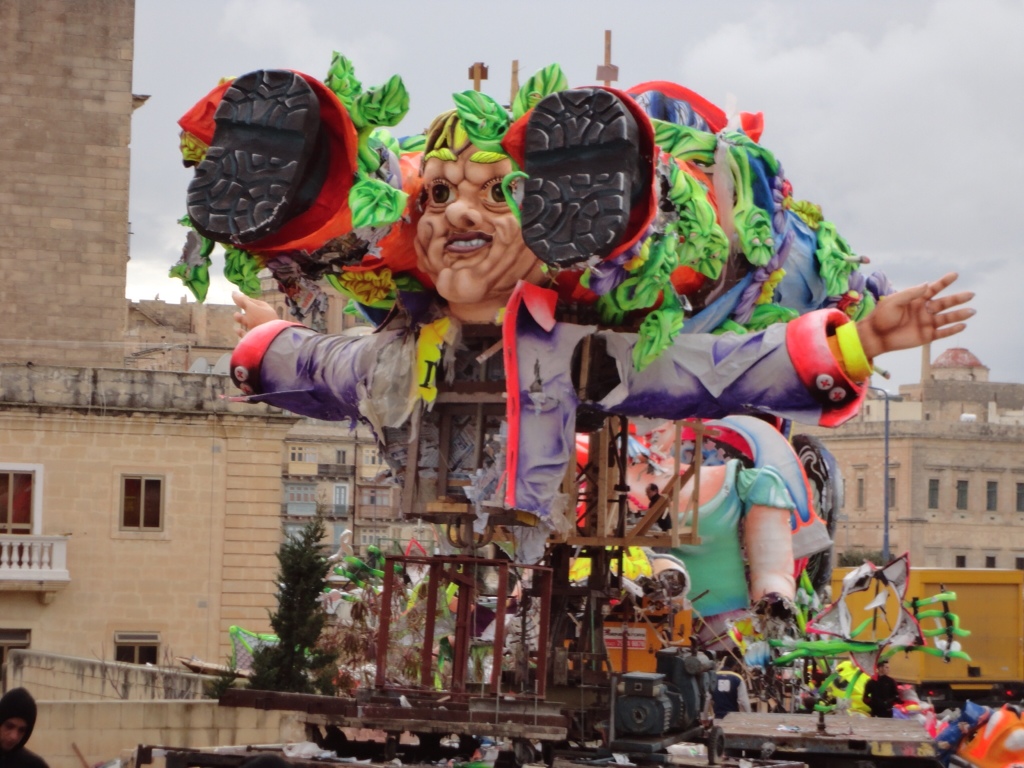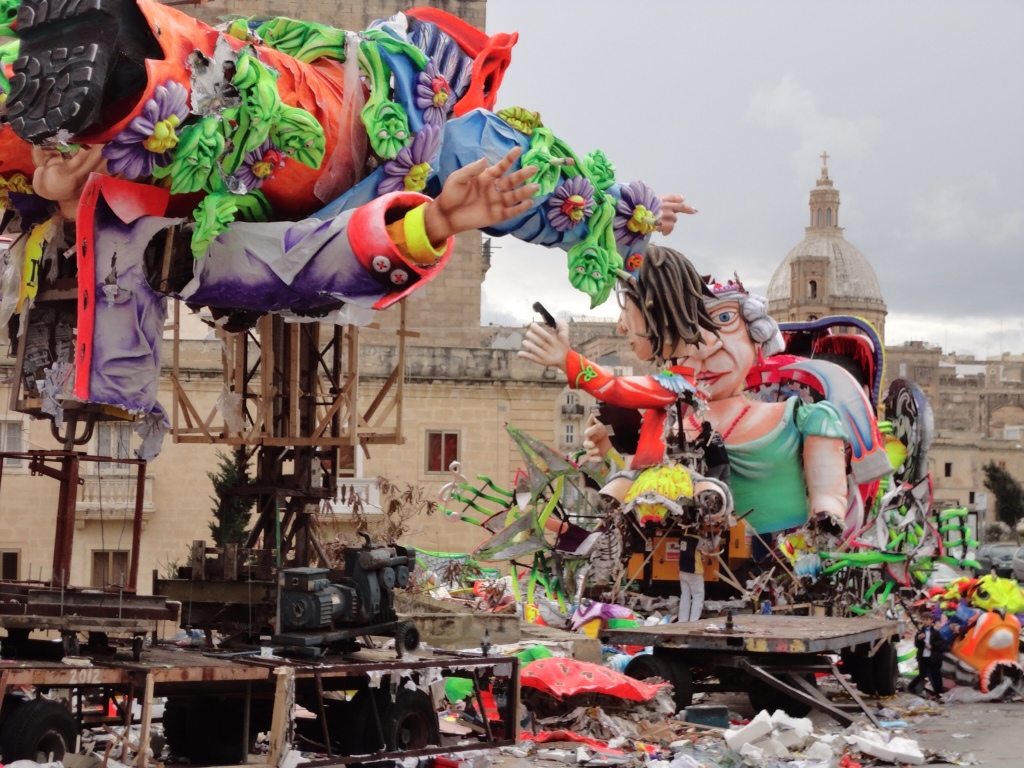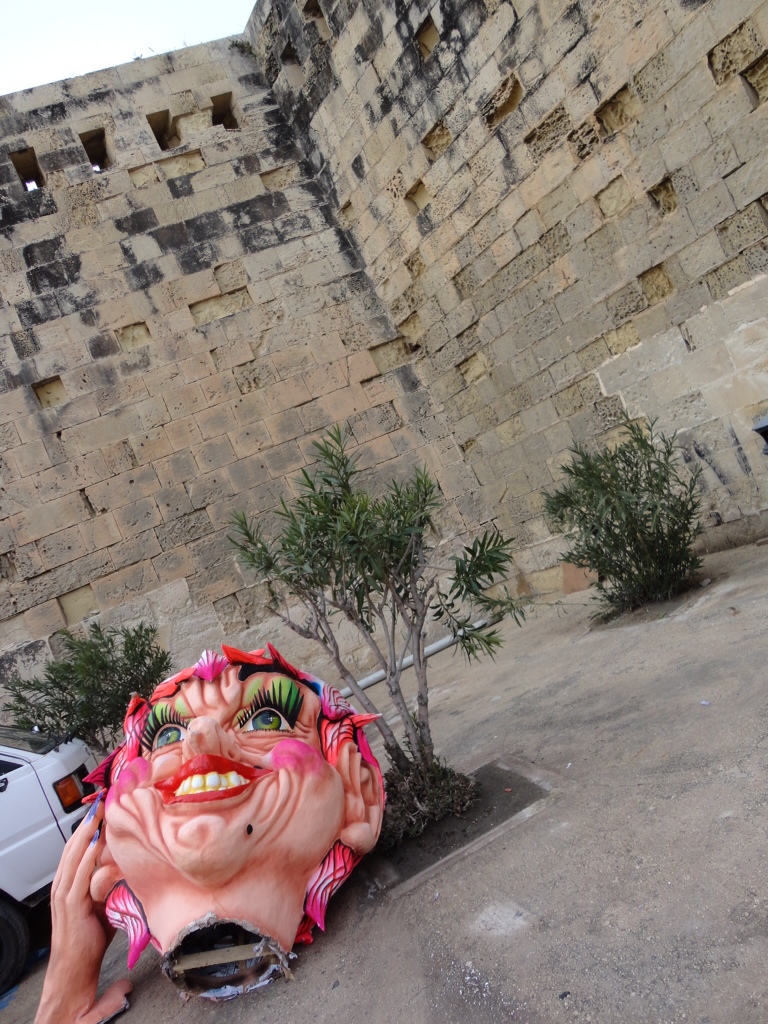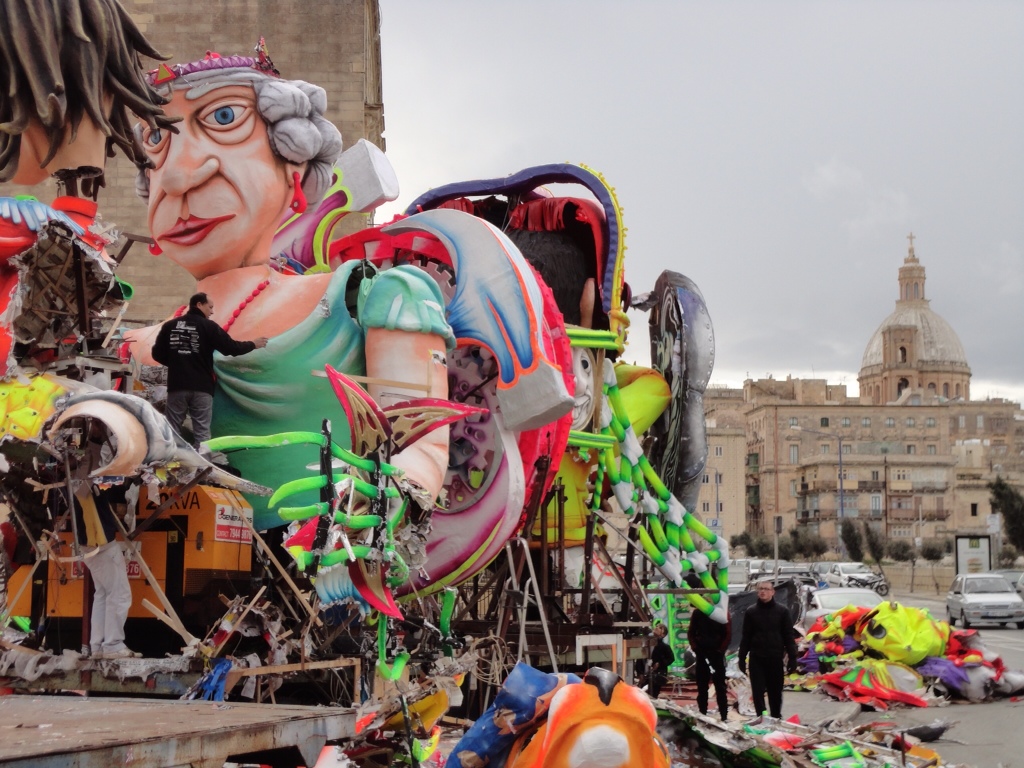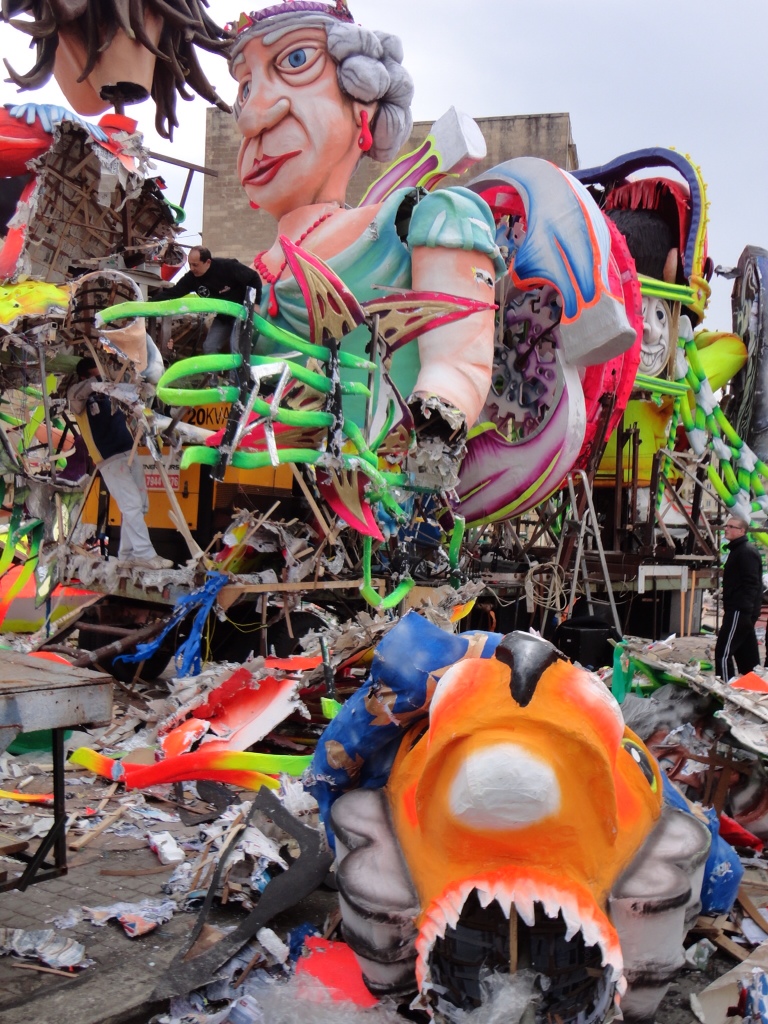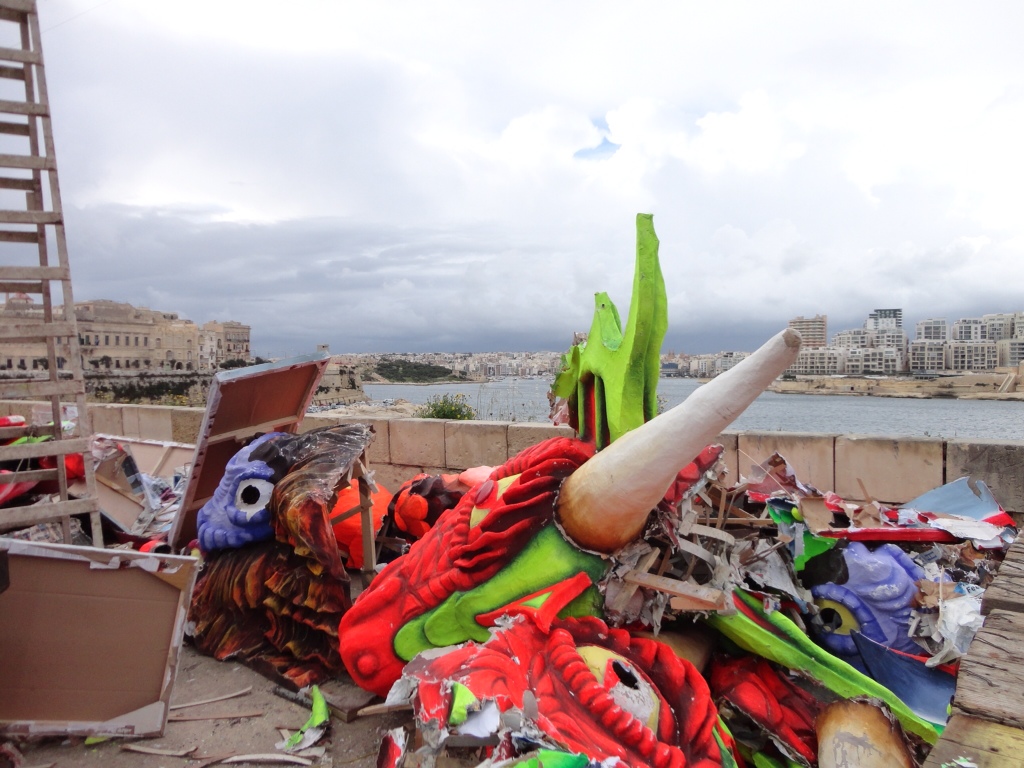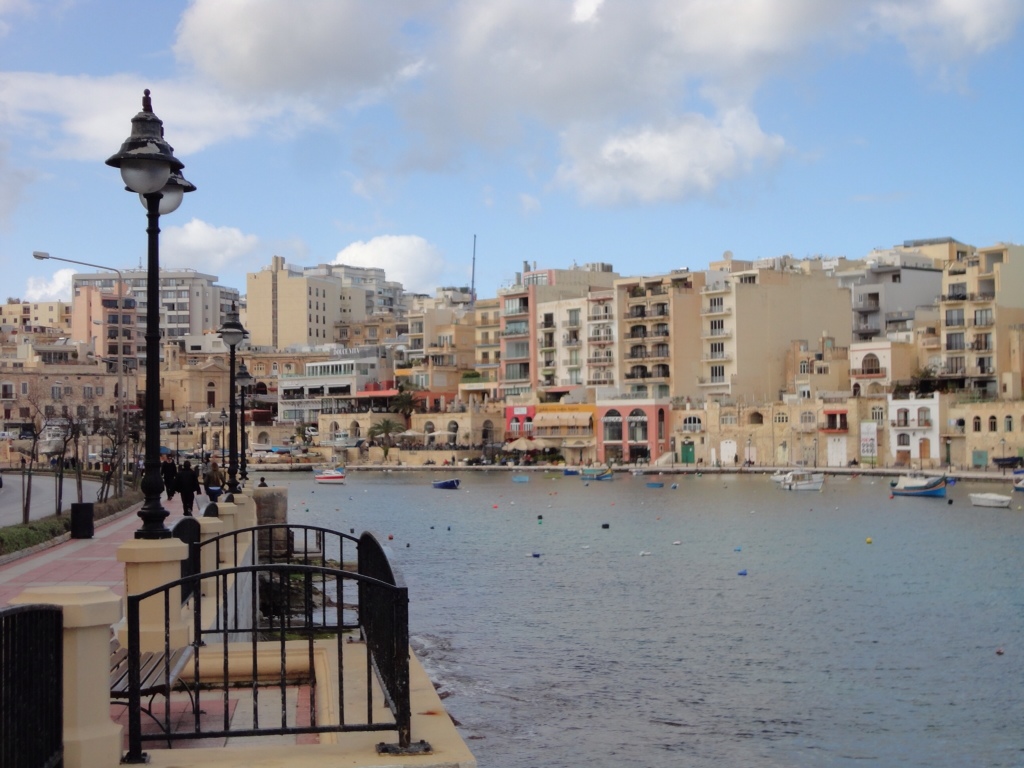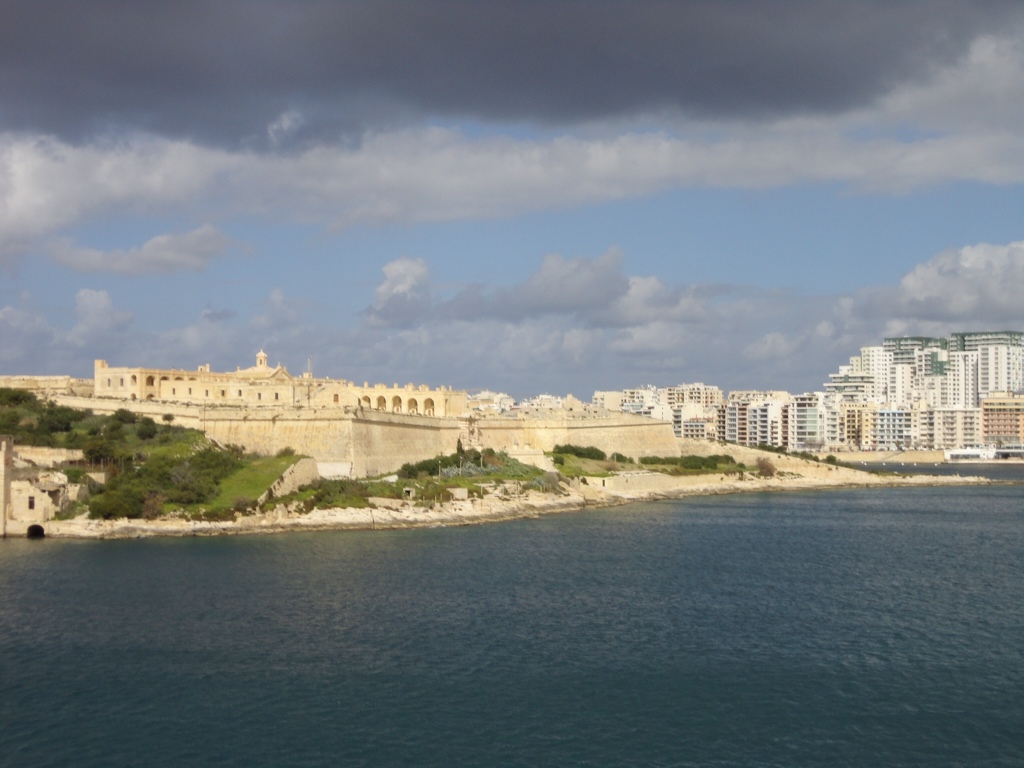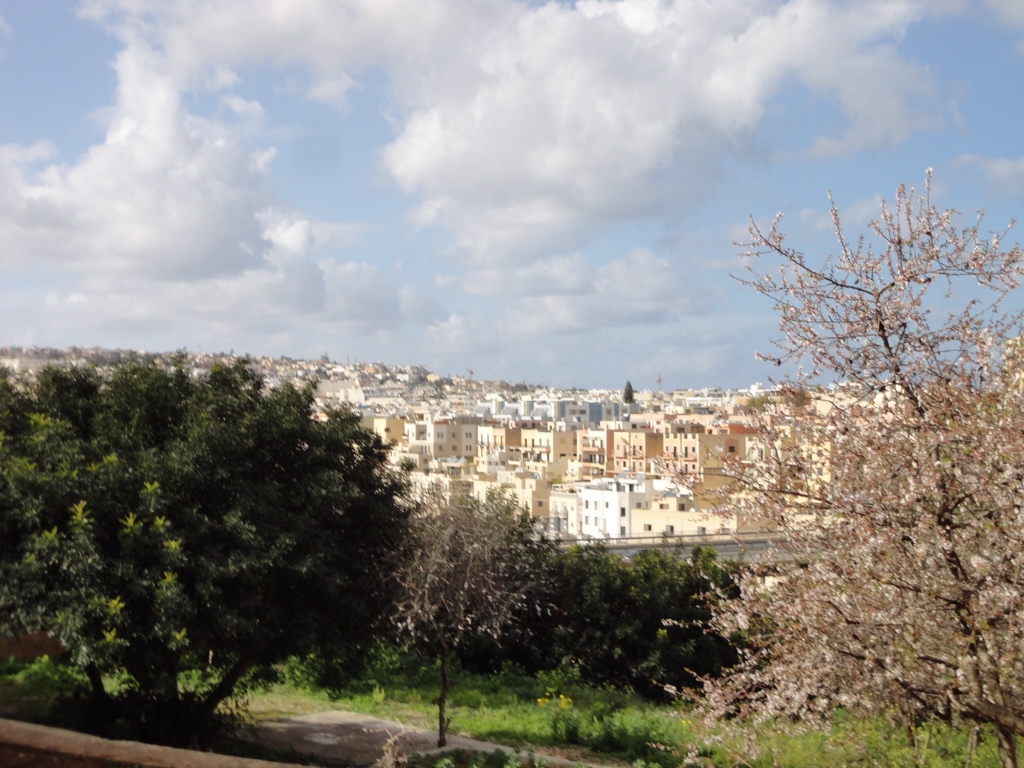I was surprised, well maybe I wasn't. No, no I was surprised to hear how mighty this little nation has been.Back in 1565 the tyrannical Ottomans lay siege for several months, but they finally gave up. But the story goes back a bit further than that. This was the view from my hotel room over the active harbor.
During the crusades, you know that holy war between the heathens and the christians fought in good old Palestine. Well, as part of the gang who headed east from Europe there was a group who called themselves the Knights of Saint John. After the crusades they settled themselves on the island of Rhodes.That lasted until the early 1500's when the Ottomans pushed them out. It was Muslims against Christians. Do you think maybe this is an ongoing theme?
Being soldiers and devote Christians, the Knights of Saint John did not give up, they just regrouped and prepared to fight again. They moved to Malta and set up. That means building forts and importing from Europe all kinds of fighting devices: cannons, flintlocks, swords, axes and the like. I've seen em all in the palace armory. Ironic, I suppose, that it's still called an armory, yet armor became useless as soon as firearms started appearing on the battlefield. So when the Ottomans showed up at Malta in May or so of 1565, they thought they'd make short order of the situation. Not so, although they did take one fort, there were still a few more where the Knights were ready for it.
For example, on one wet day the Ottomans were about to attack, but the commander of the Knights realized the weather was too wet to use their firearms effectively. Thus, he ordered from their armory their stash of crossbows. I expect the Ottomans were once again surprised, as they died in numbers from an almost obsolete weapon. That may have been the last use of the crossbow in any major battle. The stalemate continued until September, when the Ottomans realized that winter was a'comin so best to move back home.
Thus, the Knights of Saint John (you will recognize their cross as adopted by Saint John's Ambulance) continued to work with the people of Malta for a couple of centuries. And the place flourished. They did quickly build an impressive fortress around the capital city Valletta, but the Ottomans gave up after their first defeat. And no one bothered the folks of Malta for a long time. That was until Napoleon and his massive numbers of French troops pulled up at Malta in 1798. As they say, “discretion is the better part of valor,” so the Knights put up little resistance. Napoleon was on his way to Egypt, so Malta was just a six-day stopover. Even so, he left a sizable garrison, which began many changes to the laws, government etc. The French occupation was the end of the Knights control of Malta. But the French were not in Malta for long. After a couple of years, the French started getting greedy, so the folks of Malta rebelled such that they pushed the French into the fortress at Valletta.
Thus, the French, ironically, were under siege in the very fort built to protect the Maltese. That lasted for awhile until the French gave up and went away. That left a gap. So guess who showed up to “help.” Why none other than the British. They stayed until Malta's independence in 1921. But the great show by the warriors of Malta was still to come.
That happens during the Second World War. The Italians and Germans desperately wanted to capture the tiny island country. But they never did. Malta, throughout the war, was bombed many times and attacked on a couple. But they hung on. The Grand Harbor at Valletta served as a base for ships and submarines from several countries. From there they smashed and crashed German and Italian boats, both war and supply. The folks of Malta suffered through a lot, as did all of Europe. But battered, bruised and bushed they came out the other side. Now the country prospers while the great walls of the fortresses stand to remind of the great history these folks have created.
Now here are some fun photos taken the day after Mardi Gras. These were the floats from the parade, being taken down to go somewhere else.

